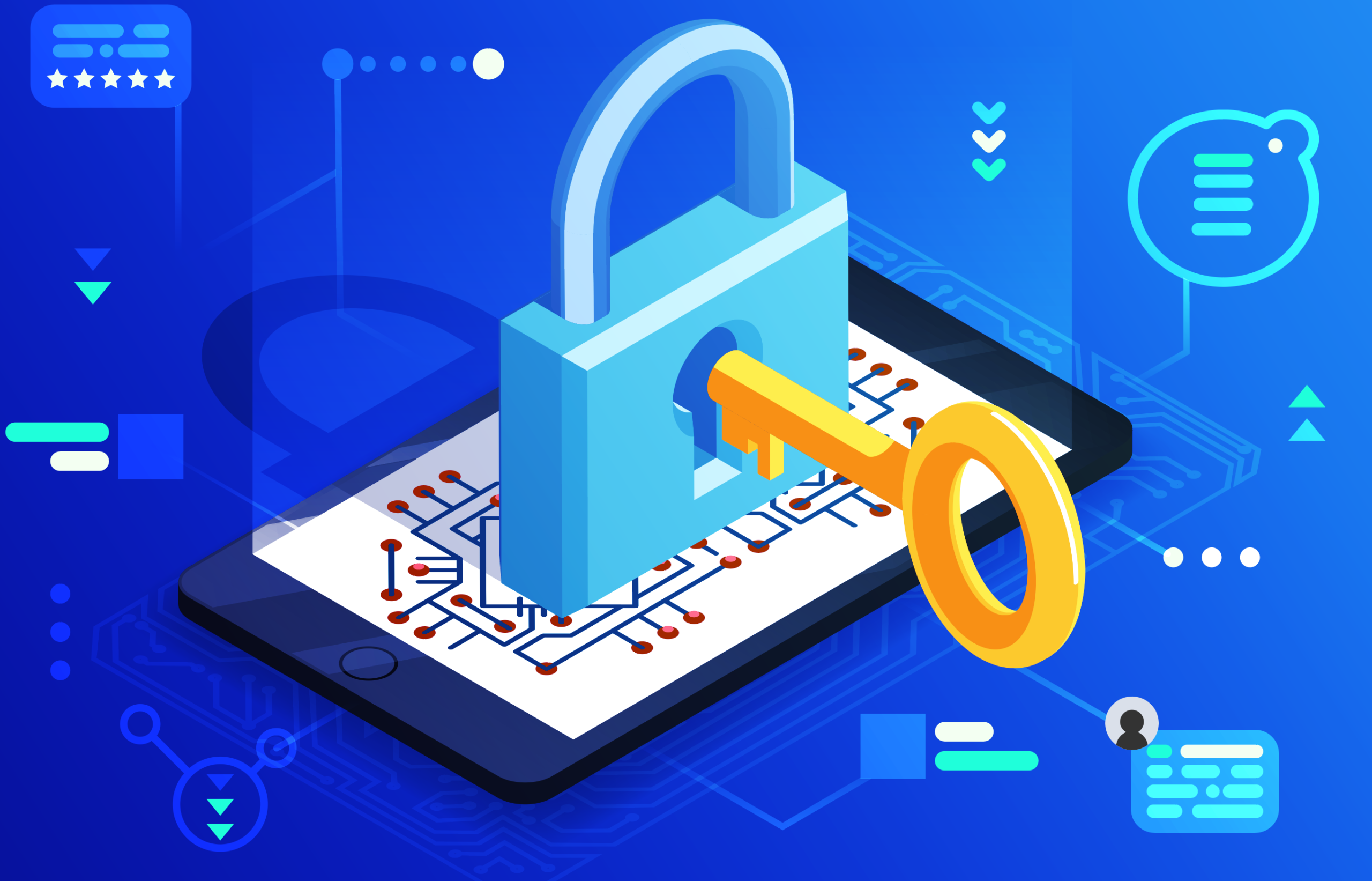When we talk about any fraudulent attempt in psychological manipulation of people into performing actions or divulging confidential information, that task is called phishing.
This confidential information targeted is the usernames, and passwords of bank accounts, ATM PINs and credit card details. All the phishing attacks take advantage of one or many software’s security glitches. But with the increasing dependence on technology, we can avoid these attacks and not fall victim by following these measures:
Keeping Informed About Phishing Techniques
As the new ways of manipulating security for one’s benefit keep increasing, we can be better prepared by being informed about previous hacks or phishing attempts. Some most common ways scammers will try to make us reveal confidential information are:
- Targeted Phishing: More personalised to individuals or organisations to increase the likelihood of the target falling for the trap.
- Email/Spam: These are the most common types of phishing attacks. In these, the scammers send emails and ask for personal information. Usually, it sounds very urgent and requires you to change or update some confidential information.
- Link Manipulation: In these types of attacks, the user is redirected to some malicious website instead of the correct one. In the worst cases, via these methods, hackers can even get the keystrokes of your keyboard.
Keeping Up To up-to-date software And Antivirus
The basic step you can take is to update your antivirus software. Hackers generally use the weak points in the application software to their advantage.
Mostly, as soon as the bug is found, multiple software companies update their software-based product to counter it. And the same you get to know that an update is available. This helps you to make sure you do not have any wrong software versions running on your devices.
Being Sensible When It Comes To Sharing Personal Information
No one should be asking for your personal information. Types of information you should never give out are Information of your identity, financial Information, your schedule, employment Information and Passwords or information on which your passwords are based
Data Encryptions
You should always be aware of the extent of the type of data encryptions the website or application uses. That is because not all the network portals use good encryption. Hence you should also avoid public networks and use encrypted messaging software more.
Use the Mouse Hover Technique
You can see the link if you hover over the hyperlink. If the link data or identity does not match the intended network trail, it is most probably a fake one. Therefore, you should avoid clicking such links that might steal your browsing or financial information.
Steering clear of the phishing activities can be a growing challenge. But, with the tips to step away from such hacks mentioned in this blog, you can pretty much be assured that no one is going to steal your money or information.

